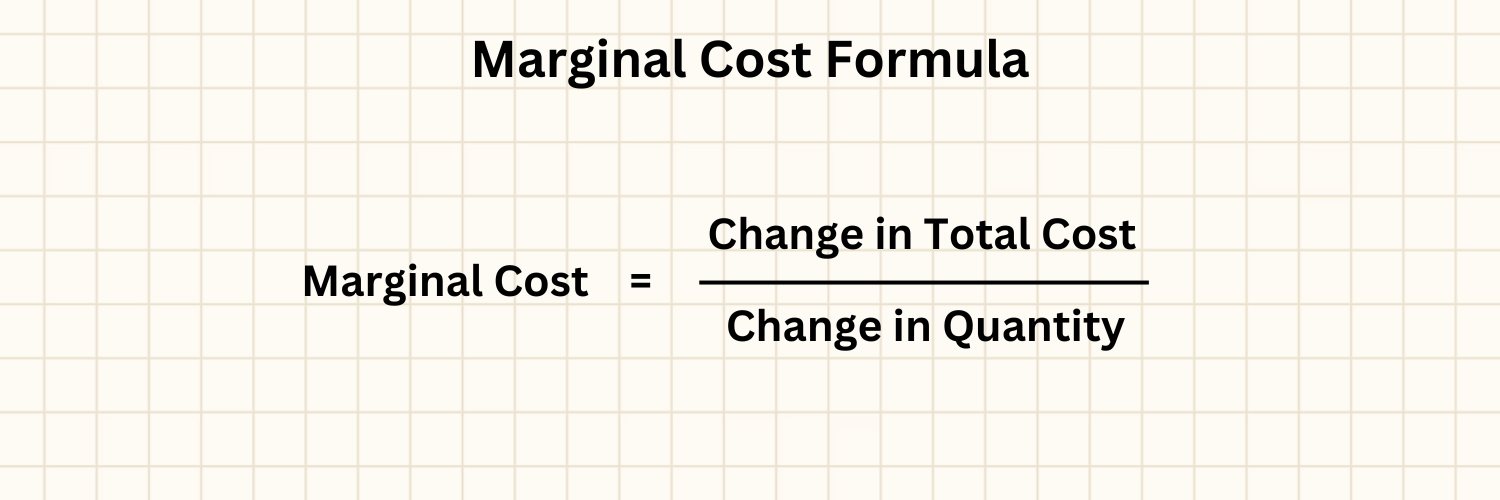Table of Contents
What is Marginal Cost?
In economics, marginal cost is one of the key concepts and an essential concept that is involved in costing. This marginal cost is called the underlying asset cost or marginal cost basis, it is the cost element that can be changed without reducing cash flow. In any business, marginal cost will always be changing and it is also called a marginal cost factor, marginal cost basis is a concept that is very important and vital in any business, marginal cost will always depend upon factors like production capacity, location, overhead, capacity, and so on. It also depends upon the inputs or factors, so the only thing that can change a marginal cost basis is your inputs or factors. With the help of a marginal cost calculator, it becomes easy for anyone to determine or calculate the marginal cost basis of any business easily.
Marginal Cost Formula:

Marginal Cost = Change in Total Cost / Change in Quantity;
Marginal Cost Example:
Let’s consider a scenario where you operate a bakery and produce delicious cupcakes. Currently, you bake 100 cupcakes per day, and your total cost for ingredients and labor is $200.
Now, you decide to increase your cupcake production by 20 cupcakes per day, making it a total of 120 cupcakes. As a result, your total cost rises to $260.
To calculate the marginal cost of producing these additional 20 cupcakes, we can use the following formula:
Marginal Cost = Change in Total Cost / Change in Quantity
Change in quantity = 120 cupcakes – 100 cupcakes = 20 cupcakes.
Change in total cost = $260 – $200 = $60.
Marginal cost = $60 / 20 = $3.
So, the marginal cost of producing one additional cupcake (in batches of 20) is $3.
Armed with this information, you can now adjust your cupcake pricing strategy for better profitability. For example, if you price each cupcake at $5, you would make a profit of $2 per cupcake. By producing and selling 20 more cupcakes, you would increase your profits by $40.
Marginal Cost and Marginal Benefit Analysis in Economics
The economic news today has been all about marginal cost and marginal benefit. marginal cost is the price elasticity of demand or the price difference between demand and supply. For example, suppose I want to build a shed and I figure out that if I buy lumber one unit at a time, I will be able to build one thousand units over the next ten years. That would be my marginal cost and marginal benefit graph in economics.
Now then, the problem with marginal analysis in economics is that it is very difficult to objectively evaluate the various proposals on economic issues such as that one. One problem is that most people are not economists so they do not understand that there is an objective way to look at the costs and benefits of different proposals. They just see what makes sense to them. And that is where marginal analysis fails them because they do not know how to objectively evaluate the various proposals. They are not used to doing so and they get caught up in using their gut feelings and voting the popular direction simply because they have already made up their mind.
